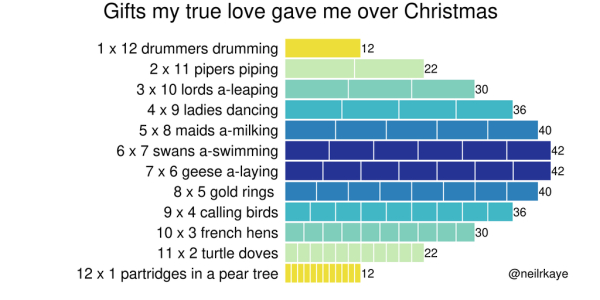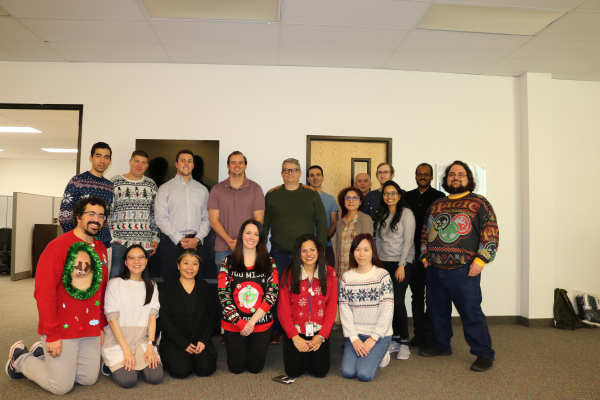I'll admit to being fascinated by the idea of aliens. Growing up in the 60s and 70s, there was no shortage of science fiction fantasies imagining what a space-faring civilization would look like and, more importantly, what would we, the Earthlings, do when they made contact.
Last year, there was a U.S. congressional hearing on Unidentified Flying Objects. While there wasn't any proof of aliens, they did admit to phenomena they couldn't explain with their current information.
Now, we have multiple former military officials testifying in a House of Representatives meeting that the U.S. has recovered not only spacecraft but alien biological matter for decades. While I do believe in the possibility of aliens, I remain skeptical.
There are many stories (or theories) about how we had encountered aliens before and just kept them secret. For example, in 2020, a former senior Israeli military official proclaimed that Aliens from a Galactic Federation had contacted us – and that not only is our government aware of this, but they are working together.
In contrast, I have found it more realistic and thought-provoking to consider theories about why we haven't seen aliens until now.
For example, the Fermi Paradox considers the apparent contradiction between the lack of evidence for extraterrestrial civilizations and the various high probability estimates for their existence.
Let's simplify the issues and arguments in the Fermi Paradox. There are billions of stars in the Milky Way galaxy (which is only one of many galaxies). Each of these stars is similar to our Sun. Consequently, there must be some probability of some of them having Earth-like planets. Further, it isn't hard to conceive that some of those planets should be older than ours, and thus some fraction should be more technologically advanced than ours. Even if you assume they're only looking at evolutions of our current technologies – interstellar travel isn't absurd. Thus, based on the law of really large numbers (both in terms of the number of planets and the length of time we are talking about) … it makes the silence all the more deafening and curious.
If you are interested in the topic "Where are all the aliens?" Stephen Webb (who is a particle physicist) tackles that in his book and in this TED Talk.
via TED
In the TED talk, Stephen Webb covers a couple of key factors necessary for communicative space-faring life.
- Habitability and stability of their planet
- Building blocks of life
- Technological advancement
- Socialness/Communication technologies
But he also acknowledges the numerous confounding variables, including things like imperialism, war, bioterrorism, fear, moons' effect on climate, etc.
Essentially, his thesis is that there are numerous roadblocks to intelligent life – and it's entirely possible we are the only planet that has gotten past those roadblocks – or that there might have been others in the past, or others may develop in the distant future.
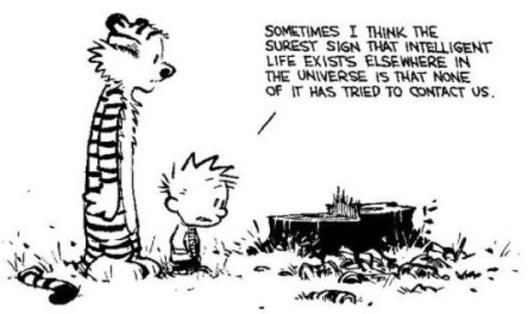
What do you think?
Here's another article I wrote on the subject, titled "Are We Alone In The Universe?"
Finally, here are some other links I liked on this topic. There is some interesting stuff you don't have to be a rocket scientist to understand or enjoy.
- 75 Reasons We Don't See Aliens
- Wait But Why: The Fermi Paradox
- A New Theory on Why We Haven't Found Aliens Yet
- A List of Solutions to The Fermi Paradox
- Dissolving the Fermi Paradox, Future of Humanity Institute, Oxford University
To Infinity and Beyond!



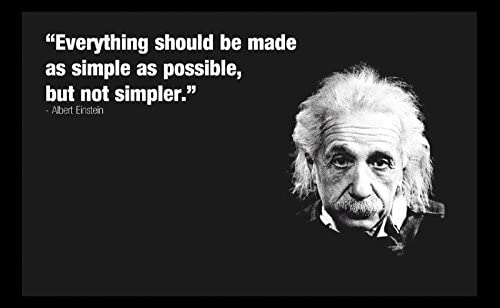
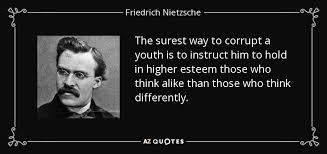
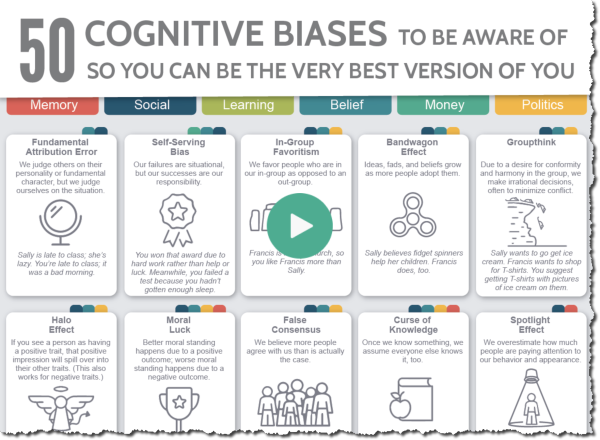
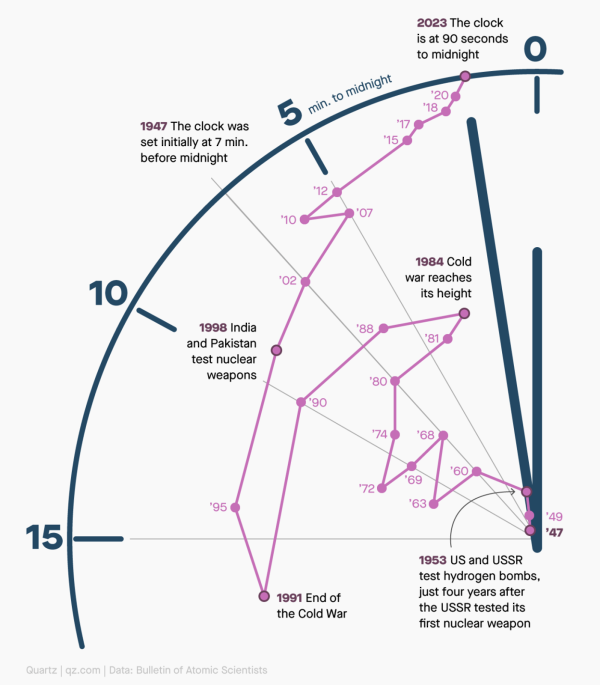 via
via 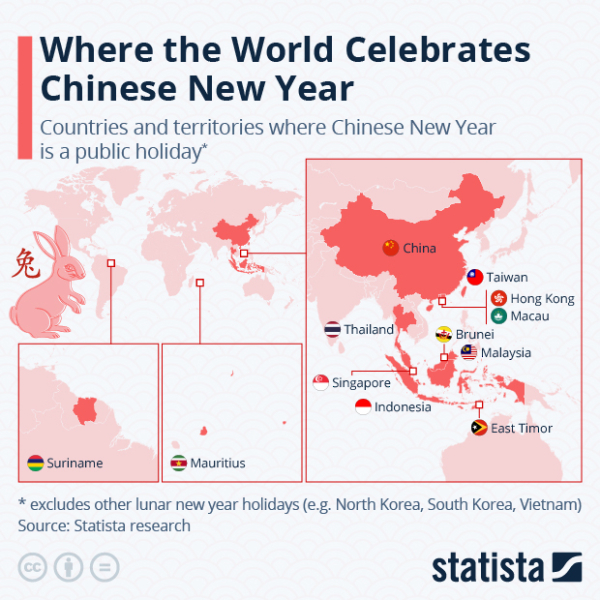 via
via 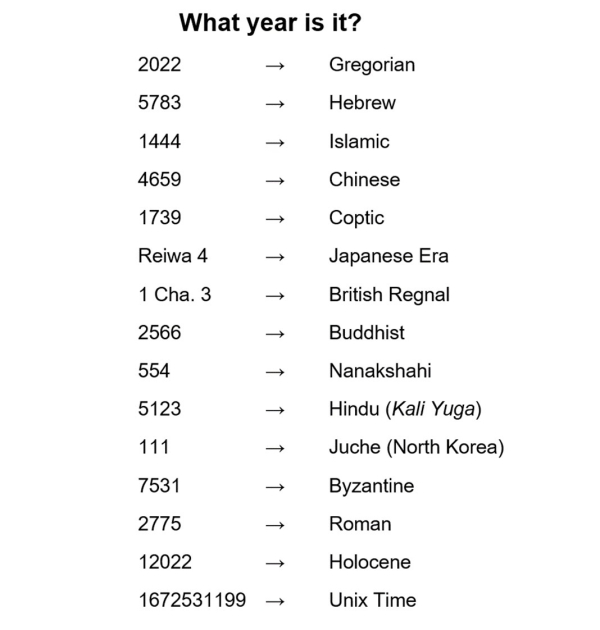 Like most things, time is relative. It can seem to go fast, it can seem to go slow … sometimes it seems like it stands still. It's a matter of perspective. As we just saw, so is the calculation of what year it is. But, so too is the perspective of what you pay attention to, what you make it mean, and what you choose to do. There's no absolute "right" – only a seemingly endless stream of choices and opportunities.
Like most things, time is relative. It can seem to go fast, it can seem to go slow … sometimes it seems like it stands still. It's a matter of perspective. As we just saw, so is the calculation of what year it is. But, so too is the perspective of what you pay attention to, what you make it mean, and what you choose to do. There's no absolute "right" – only a seemingly endless stream of choices and opportunities.